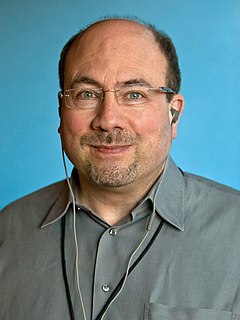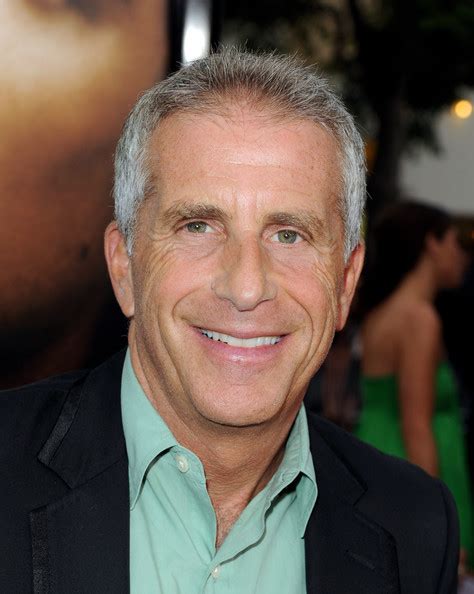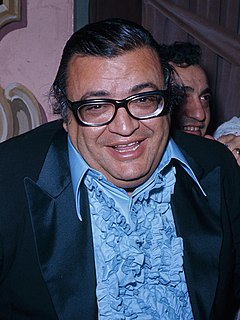A Quote by Noah Baumbach
It's funny, I'm very analytical in my real life, but in terms of my films, I try to not analyze them at all and let things just go into them and let them be what they are. I mean, people ask me to this day what 'The Squid and the Whale' stood for, and I have no idea except that it's an exhibit in the Natural History Museum.
Related Quotes
I came upon whatever I'm doing organically. I didn't study anything. I don't have any real aspirations other than to connect with somebody, and to have the conversation be genuine. That's the best that can happen. Even if it only happens for 10 minutes in an episode. But I think what people forget is that you don't have to try to get a comedian to be funny. Comedians are innately funny. That the real challenge of talking to them is to get them talking about real things and then see where they need to be funny. And let them do that on their own volition.
I often find in the film world, that it's very self-referring. If you talk to someone about films, they talk about them in terms of other films - rather than as something that happened to them in their life. And I'm really keen to get back to film as a reference to real things, not necessarily to other films.
One of the most important things in any leader or in any successful approach is to focus on connecting with people and really listening to them. We shouldn't just be saying, oh yes, the people are protesting. We need to ask them why they are protesting and try and figure out if there is something we can do to bring them in and respond to those concerns. That's not populism - that's being thoughtfully open to the fact that our citizens are allowed to have, and are even justified in having, very real concerns and questions for the people responsible for serving them.
What I think about when I frequent the Museum of Natural History, the Metropolitan [Museum of Art], and I look at these artifacts that are taken out of context and how we're forced to view them as objects, as relics, as sculpture- static. But what's interesting is what it allows me to do in my head in terms of imagining what the possibilities are or imagining the role in which they played within a particular culture which I'm fascinated by.
One of my struggles is that I'm a glutton. There's always those very simple, long, old-ass things, but they're very real to me, and I'm sitting in them, and they're swirling in my mind all the time. I tell people about it and they think, "Why don't you just go and make some money, go get a big-screen TV, or look at the Internet." Or they say, "Go create some introspective art." I just want to explode. I don't know how everybody else is able to walk around so calm. It's amazing to me when I see people walking so calmly down the street. I envy them, but I also kind of hate them.
As a person, I am still very middle class. People don’t realise these things. Most of the black suits that I wear are the same. All the designer clothes I have are actually from my films. I don’t dream of Rolls Royce and things like that… People are kind enough to me to give me the nicest things in life, but it doesn’t mean that I’m used to them.
The common thread for everything I do is this idea of a Web-services architecture. What does that mean? It means taking components of software and systems and having them be self-describing, so that you can aim them, ask them what their capabilities are, and communicate with them using a standard protocol.
It seems to me that making escapist films might be a better service to people than making intellectual ones and making films that deal with issues. It might be better to just make escapist comedies that don't touch on any issues. The people just get a cool lemonade, and then they go out refreshed, they enjoy themselves, they forget how awful things are and it helps them - it strengthens them to get through the day.
I think we've lost the idea that politicians are part of the humanities. And we think of them as part of a natural science tradition, and we don't expect them to have the contact with literature, with history, with the richness of descriptive language that the humanities have always stood for. And I think that's a great loss.





































